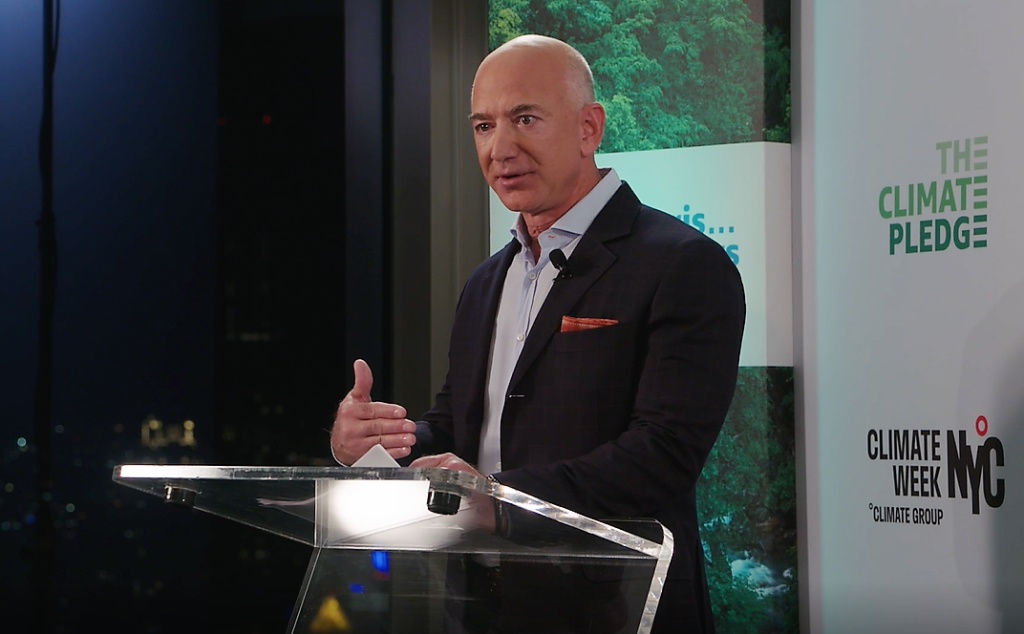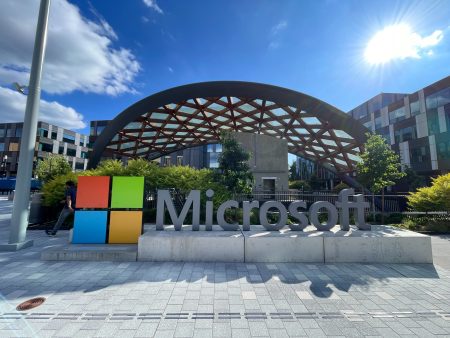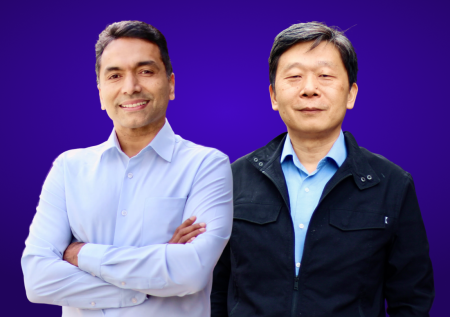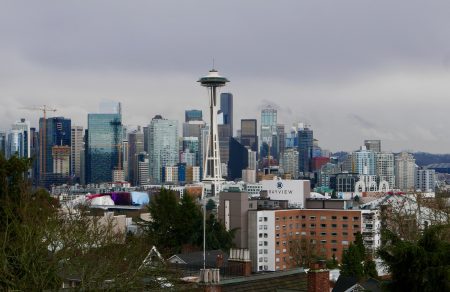Jeff Bezos Returns to the Startup World as CEO of AI Venture Project Prometheus
In a surprising move that has sent ripples through the tech industry, Jeff Bezos has stepped back into the operational spotlight as co-CEO of Project Prometheus, a mysterious new artificial intelligence startup that has already secured an astonishing $6.2 billion in funding. This marks Bezos’s first return to an executive leadership position since he handed over the Amazon reins in 2021. While the Amazon founder has maintained his “founder” title at his space exploration company Blue Origin, the Project Prometheus role signals a desire for more hands-on involvement in what could become the next frontier of technological innovation. The company’s LinkedIn page offers only a tantalizing glimpse of its ambitions with the simple description: “AI for the physical economy.” This marks a significant moment for the tech industry as one of its most successful entrepreneurs brings his considerable expertise and resources to the rapidly evolving AI sector.
Bezos will share leadership responsibilities with co-CEO and co-founder Vik Bajaj, a distinguished life sciences expert whose background includes research work at Alphabet’s experimental “moonshot” division Google X. Currently serving as managing director at Foresite Capital Management and as co-founder and director at biotech startup Xaira Therapeutics, Bajaj brings complementary expertise to Bezos’s renowned business acumen. Their partnership suggests Project Prometheus may be aiming to bridge the worlds of artificial intelligence, engineering, and physical systems in unprecedented ways. With approximately 100 employees already on board, the startup appears poised to tackle ambitious challenges across multiple sectors, with the New York Times reporting that computers, automobiles, and aerospace are among its target industries. The company’s headquarters location remains undisclosed, adding another layer of intrigue to this already mysterious venture.
The implications of Bezos’s involvement extend far beyond just another addition to his business portfolio. As Amazon’s founder and largest individual shareholder, Bezos maintains significant influence at the e-commerce and cloud computing giant, potentially opening doors for collaboration between Amazon and Project Prometheus. Such cooperation could manifest in various forms: Amazon might become a customer for Project Prometheus’s innovations, serve as a research and development partner, or provide critical infrastructure support through its AWS cloud services. Project Prometheus could leverage Amazon’s extensive experience in logistics, robotics, and operational systems to accelerate its development of AI solutions for physical-world applications. This interconnection between established tech powerhouses and cutting-edge startups represents a growing trend in how innovation occurs in today’s technology ecosystem.
Despite the current enthusiasm surrounding artificial intelligence, Bezos has publicly acknowledged signs of an “industrial bubble” in the AI sector. During a recent appearance at Italian Tech Week 2025 in Turin, he tempered market expectations while simultaneously expressing profound optimism about AI’s long-term potential. “When the dust settles and you see who are the winners, society benefits from those inventions. … The benefits to society from AI are going to be gigantic,” Bezos remarked. This balanced perspective reveals his nuanced understanding of technology cycles—having witnessed and participated in multiple waves of technological disruption throughout his career. His willingness to enter the AI space despite these bubble concerns suggests a conviction that Project Prometheus is positioned to be among those eventual winners that will deliver lasting value.
The emergence of Project Prometheus with such substantial funding places it immediately among the most well-capitalized early-stage AI ventures in history. This $6.2 billion war chest indicates both the immense faith investors have placed in Bezos’s vision and the capital-intensive nature of developing breakthrough AI technologies for physical-world applications. While many AI startups focus on software-only solutions, Project Prometheus’s reported focus on computers, automobiles, and aerospace suggests a more hardware-integrated approach that requires significant upfront investment. The intersection of AI with physical engineering challenges represents a relatively less crowded space compared to generative AI applications, potentially offering Project Prometheus an opportunity to establish leadership in emerging markets where computational intelligence meets physical systems.
As the world watches this new chapter in Bezos’s storied career unfold, Project Prometheus embodies both the enormous potential and considerable challenges facing ambitious AI ventures today. The company must navigate not only complex technological hurdles but also increasing regulatory scrutiny around artificial intelligence, competition for specialized talent, and the need to deliver practical value amidst heightened expectations. However, with Bezos’s proven track record of building world-changing enterprises and his patient, long-term investment philosophy, Project Prometheus enters the field with distinct advantages. Whether this venture ultimately transforms industries as profoundly as Amazon did for retail and cloud computing remains to be seen, but Bezos’s direct involvement signals his belief that artificial intelligence applied to physical systems represents a generational opportunity on par with the internet revolution he helped pioneer.















